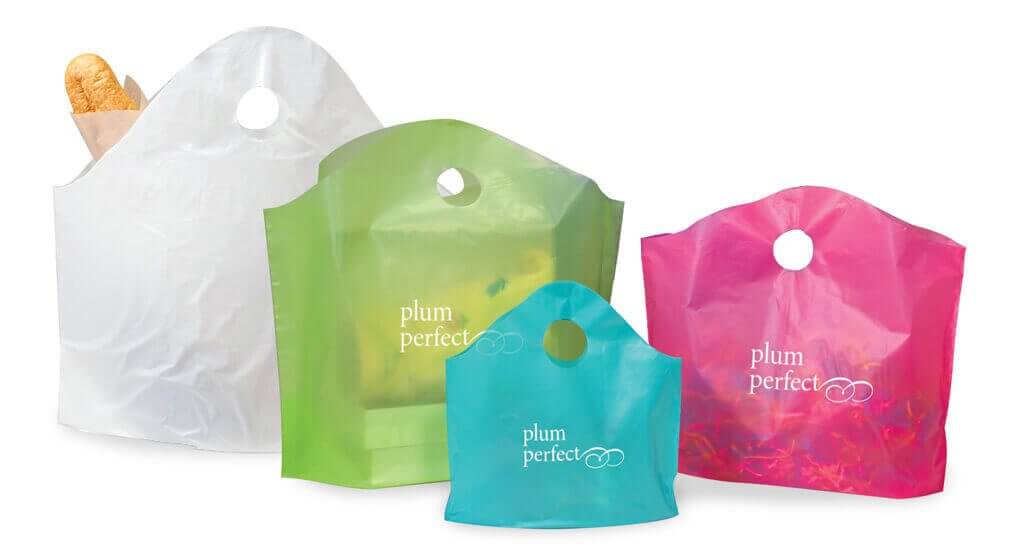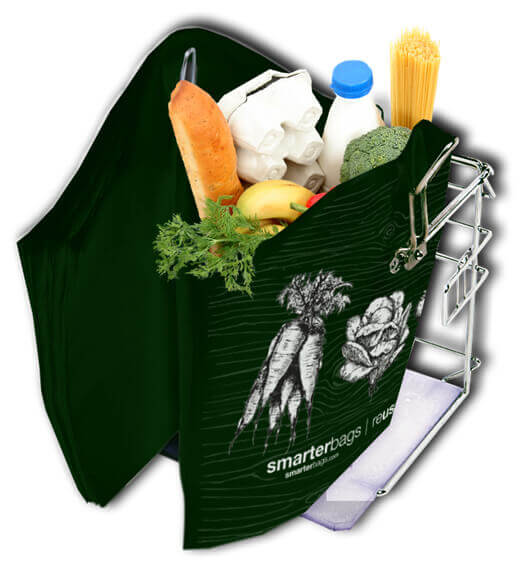
Nashville Wraps: What is the biggest myth about plastic bags? Why do they have such a bad rap?
Pete Grande: There are two big myths: that plastic bags are not recyclable and that they are the cause of significant environmental damage. It is true that plastic bags have a low (5%) recycling rate, but the reason for that is they are inherently reusable, so most people use them for other things like trash can liners, lunches, pet waste, etc. Paper bags, cans and bottles don’t have these secondary utilities, so culturally we have been trained to use them once and recycle them.
Science and data do not support that plastic bags are the cause of landfills filling up or marine wildlife being decimated. Litter and debris are harmful regardless of what is being littered. The thinness of most plastic bags makes them seem more pervasive as litter because they blow around and get stuck in trees.
Wraps: How is the plastic bag ban hurting retailers?
Pete: The main way plastic bag bans hurt retailers is by restricting their choice of optimum packaging and driving up costs that hurt business and impact consumers. Plastic bags offer the most flexibility in sizing, styles, and cost, especially for small businesses. When retailers are forced to buy something else, often they pay more and provide customers with a less-than-ideal packaging choice.
Pete: The honest answer is it depends on the scorecard you use. Other than litter going into waterways, plastic bags win hands down over paper. Energy and water consumption to make plastic bags are a fraction by comparison to paper. In addition, the amount of Green House Gas (GHG) emissions associated with paper is substantially more than plastic.
Since paper takes up four to six times the amount of space, and weighs a lot more than plastic, the amount of trucks on the road and warehouse space required to store paper is significant. These statistics are the same whether you are talking about manufacturing or recycling paper versus plastic. So if we could do a better job of recycling plastic and being more conscious about litter, plastic would be the unanimous choice.
Wraps: What can retailers do to protect themselves from potential bag bans in their area?
Pete: Two things:
1. Buy domestically manufactured plastic bags made with post-consumer (PCR) recycled plastic.
2. Promote recycling of plastic in their businesses and personal lives.
Wraps: How do they educate their customers? Are more people recycling today or less?
Pete: Educating the public isn’t easy or quick. As I mentioned above, if bags are made domestically and with certifiable PCR and this message is printed on the bags and even promoted at the cash register, consumers begin to understand that plastic can be recycled and isn’t the villain it has been made out to be. Recycled plastic has a value and is accepted in every major city by recyclers, so the amount of plastic that is being recycled is increasing every year.
Wraps: How does buying American-made plastic benefit all of us?
Pete: If retailers demand plastic bags made with locally recycled plastic, more plastic bags will be made from recycled plastic. When there is demand for more recycled plastic, American businesses will seek to collect and recycle it and consumers will be educated to recycle it (The American plastic bag industry employs more than 30,000 people, so bans and taxes put those families at risk).
Wraps: In your opinion, what is the outlook for the future of the plastic shopping bag?
Pete: Plastic carryout bags have a bright future, but companies that survive will make plastic bags that are different. Sustainability is not a fad, it is the future. We’ve been in business for 27 years and have seen several cycles and accept that change is inevitable. Plastic carryout bags are not immune from the evolutionary market forces that impact all businesses. Continuous improvement is required to survive in a fast-paced world, but change is difficult.
Thin-gauged single-use plastic bag producers have fought to protect their investments, which is the cycle we’ve been in for the past few years. As technology has emerged, forward-thinking companies like Command Packaging innovate to improve the products we make and address the ever-changing needs of the market. Nashville Wraps has been successful for the same reason and has been quick to bring to market the recycled plastic bags that we’ve produced to date. Both our companies have grown because we are not afraid of change and constantly seek improvement.
I see plastic bags like cars five years ago. The electric car was the oddity, but today the shift is on and even the major car makers are jumping on the band wagon because it’s the right thing to do. It takes a Tesla to disrupt the status quo and change an industry, and that’s what we’re doing and that’s why I believe plastic bags will thrive in the future. But just like the car ad said, “It’s not your grandfathers’ plastic bag…”
Command has a new 200,000 square foot, state-of-the-art agricultural plastic recycling facility in Salinas, CA. They work with growers to collect, wash, and recycle the more than 100 million pounds of agricultural plastic currently being disposed of in California landfills every year. Learn more about “The Truth About Plastic Bags“.
You can see Pete’s interview on the subject in this first video below and watch how plastic bags are made at Command Packaging in the second video with Nashville Wraps CEO Robby Meadows.

